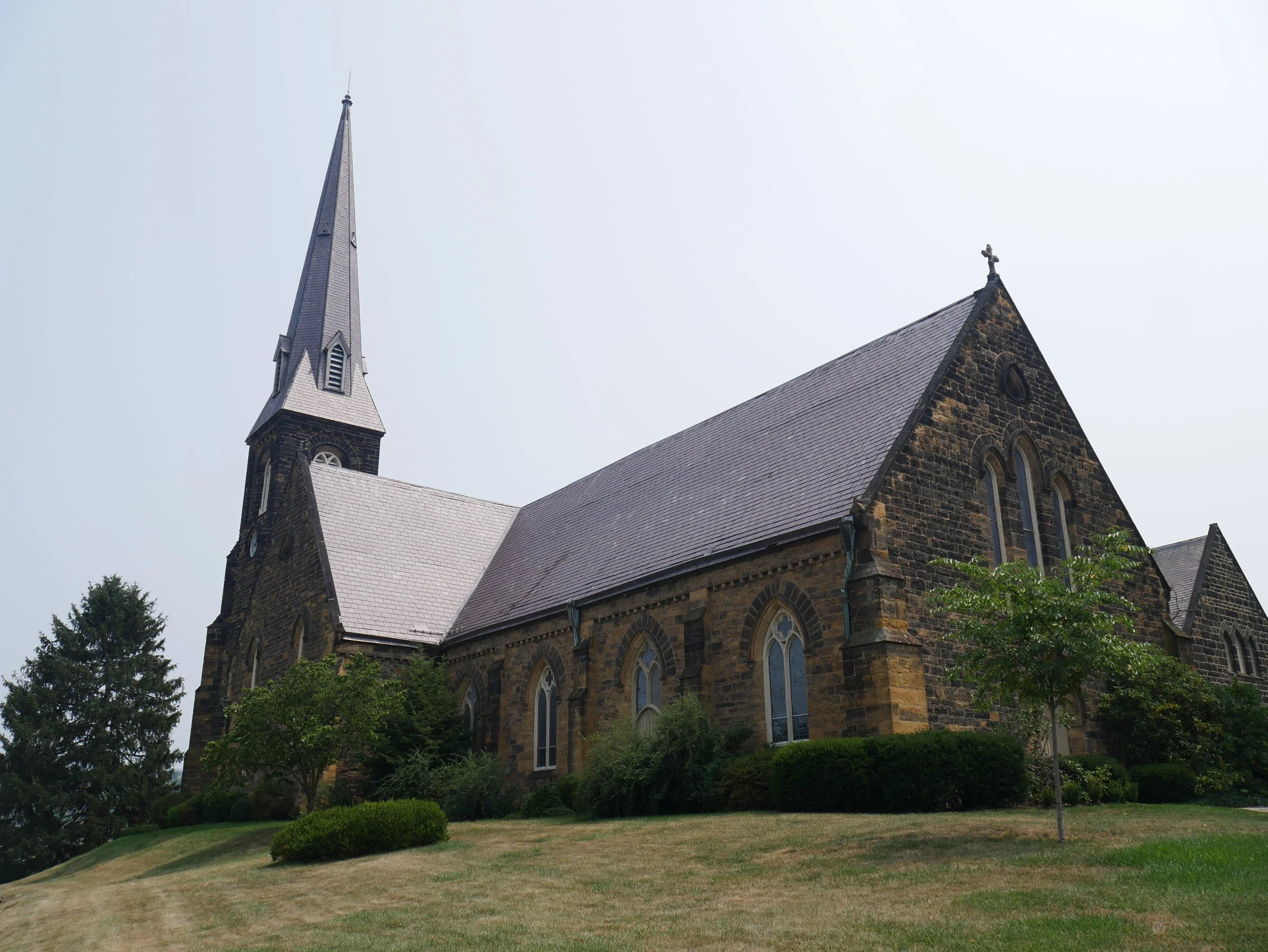After nearly 100 years since its construction, the former Paw Paw Black School continues to convey its historic association with the Town of Paw Paw's education and social history. For more than 25 years the building served to educate Black students, and as a place of social gathering for the small number of Black families in Paw Paw who lived in the vicinity of the school. The building remains largely unchanged since that time. The important role the school played in Black education and the Black community led to the building being listed on the National Register of Historic Places in 2024.
J.R. Clifford: A Pioneer of Equality and Democracy in Appalachia
John Robert (J.R.) Clifford was a trailblazing African American lawyer, educator, and activist whose work continues to inspire the fight for justice. Clifford's landmark legal battles, including the landmark ruling on November 16, 1898 in Williams v. Board of Education of Fairfax District, highlight his profound impact on civil rights and democracy.
A Timeless Road to Freedom—Cumberland and Emmanuel Parish
Situated at the top of the hill in the center of Cumberland, Emmanuel Parish stands for all to see. Visitors are drawn to the church on the hill with the steeple. Once inside, Emmanuel tells the story of our country from its earliest times to today. Situated at the crossroads of Native American trails and natural waterways, Cumberland and Emmanuel were known roads of freedom. It is believed that the original foundations underneath the church were used as a stop on the Underground Railroad.
Loss of Bomber No. 5 and Its Labor History
Following the Battle of Blair Mountain, a U.S. Army Air Service Martin NBS-MB-1*—Bomber No. 5—crashed near Drennen, Nicholas County, West Virginia. Its role in suppression of the largest armed uprising since the Civil War was thereby etched into the hills of West Virginia and into the labor history of our Nation.
J.R. Clifford & Carrie Williams: Civil Rights Pioneers
J.R. Clifford was a lawyer, teacher, newspaper editor, and soldier. He was the first black lawyer to practice law before the West Virginia Supreme Court of Appeals. In the case Carrie Williams v. The Board of Education Fairfax District, he successfully argued that "discrimination against people because of color alone as to privileges, immunities and equal protection of the law is unconstitutional" more than 50 years before Brown v. Board of Education.









